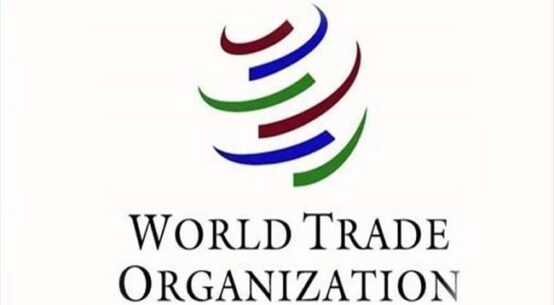Environment, Forest and Climate Change Saber Hossain Chowdhury has urged the nations worldwide to join an urgent and decisive action aiming to achieve net zero emission target before 2050 and cap temperature rise at 1.5 degrees Celsius.
He underscored the urgent need for global solidarity in addressing the unprecedented environmental challenges the humanity is facing.
The environment minister came up with the call while delivering his national statement at the UN Environment Assembly (UNEA6) in Nairobi, Kenya, on Thursday evening, according to a message received here Friday.
UNEA6 President Leila Benali, ministers, distinguished delegates and global leaders were present on the occasion.
Saber Hossain said despite contributing minimally to climate change, Bangladesh remains disproportionately impacted, facing challenges such as glacial melt, flooding, and sea-level rise.
He stressed addressing the root causes of climate change and highlighted the need for greater multilateral commitment to achieve sustainable development goals.
Reflecting on Bangladesh’s commitment to environmental stewardship, the environment minister highlighted Bangladesh Parliament’s unanimous motion declaring a Planetary Emergency in 2019.
Under the visionary leadership of Prime Minister Sheikh Hasina, he said, Bangladesh has initiated the Mujib Climate Prosperity Plan aimed at enhancing climate resilience and promoting sustainable development.
He emphasised the incorporation of environmental protection principles into Bangladesh’s constitution, demonstrating the country’s dedication to combating climate change.
Saber Hossain also talked about plastic pollution, acknowledging its threat to the environment and public health.
He stressed the need for taking concerted efforts at both national and international levels to combat plastic waste and transition to sustainable consumption and production patterns.
The minister reaffirmed Bangladesh’s commitment to global environmental governance, hoping that UNEA6 would propel the international community towards a greener and more resilient f

